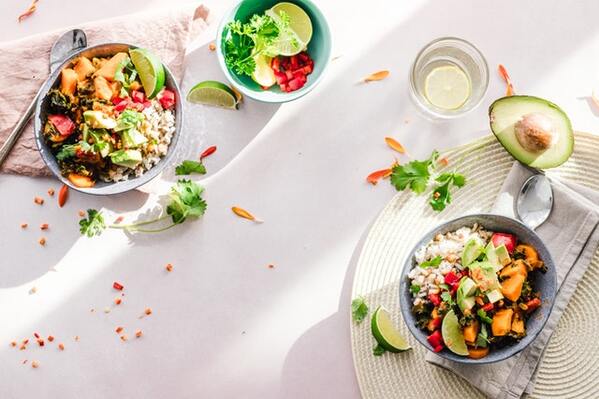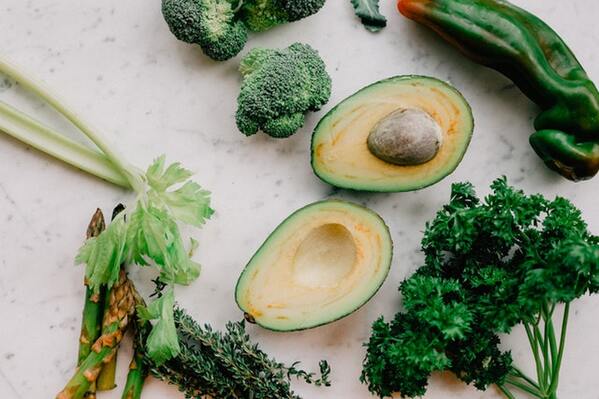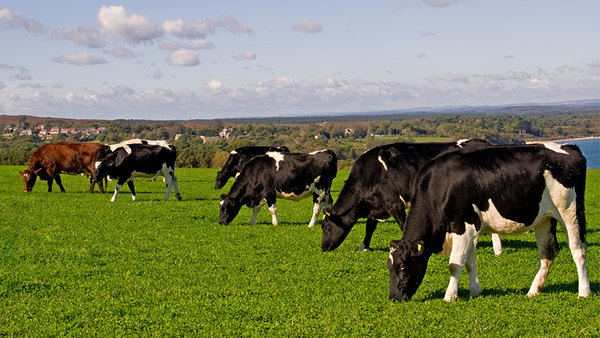Raising animals for food is considered by scientists to be one of the largest sources of pollution impacts on our environment. Animal agriculture requires large amounts of land, food, energy, and water. It releases greenhouse gases and uses large amounts of land; polluting the water and some tropical forests are occupied by pastures and feed crops. Instead of using animal products, vegans are real environmentalists.
What is veganism?
The term “vegan” coined by Donald Watson and a small group of vegetarians who broke away from the Leicester Vegetarian Society in England to form the Vegan Society in November 1944.
Veganism is the practice of abstaining from the use of animal products, particularly in diet, and an associated philosophy that rejects the commodity status of animals.

A follower of the diet is known as a vegan. The differences may be made between several categories of veganism.
Dietary vegans (also known as “strict vegetarians“) refrain from consuming meat, not to consume dairy, eggs, or any other products of animal origin.
An ethical vegan (also known as a “moral vegetarian“) is someone who not only follows a vegan diet but extends the philosophy into other areas of their lives and opposes the use of animals for any purpose.
Another term is “environmental veganism“, which refers to the avoidance of animal products on the premise that the industrial farming of animals is environmentally damaging and unsustainable.
Foods that vegans eat
A vegan diet has the potential to be very healthy and eco-friendly but avoiding animal products doesn’t mean you to veggies and tofu alone.
In fact, many common dishes are already vegan or can be adjusted easily such as bean burritos, veggie burgers, tomato pizzas, smoothies, nachos with salsa and guacamole, hummus wraps, sandwiches, and pasta dishes…

Meat-based meals are generally swapped for meals containing the beans, lentils, tofu, seitan, tempeh, nuts, seeds. Vegans typically tend to consume a variety of whole grains, as well as a wide array of fruits and vegetables.
You can replace scrambled eggs with scrambled tofu, dairy products with plant milk, honey with plant-based sweeteners like molasses, and raw eggs with flax or chia seeds.
Finally, you can also choose from an ever-growing selection of ready-made vegan products, including vegan meats, fortified plant milk, vegan cheeses. However, this highly processed food may be loaded with additives, oils, and artificial ingredients.
Why going vegan?
More people go vegan every day and generally choose to avoid animal products for one or more of the following reasons.
Health
The vegan diet can be a healthy eating pattern for individuals who ensure they are meeting all of their macronutrient and micronutrient needs. Many people choose veganism for its positive health effects.

Studies consistently link vegan diets to a lower body mass index (BMI) which means better cholesterol levels and lower blood pressure. They are considered a major risk factor for heart disease. It can help to lower your risk of disease or increase it – depending on the foods you eat.
Some research has linked vegan diets with lower blood pressure and cholesterol, and lower rates of heart disease, type 2 diabetes and some types of cancer. Lowering your intake of animal products may likewise reduce your risk of Alzheimer’s disease.
Some also choose veganism to avoid the side effects associated with the antibiotics and hormones used in animal agriculture.
Moral Philosophy
Vegans strongly believe that all creatures have the right to life and freedom. Therefore, they ethically oppose ending a conscious being’s life. Just simply avoid to consume its flesh, drink its milk, or wear its skin — especially because alternatives are available.
Vegans are also opposed to the psychological and physical stress that animals may endure as a result of farming practices. Moreover, many vegans speak out against the farming industry’s practices. For instance, the grinding of live male chicks by the egg industry, the force-feeding of ducks and geese for the foie gras market, the stress in dairy cows due to specifically producing large quantities of milk for the huge need of human being…

Ethical vegans may demonstrate their opposition by protesting, raising awareness, and choosing food and products that don’t involve animal agriculture.
Eco-friendly
Being vegan has a lower environmental footprint. You can eat a totally plant-based diet that supports excellent health, whilst ethically helping animals and protecting the planet. People may choose to avoid animal products due to the negative environmental impacts of animal agriculture.
The fact that animal agriculture is much more resource-intensive than we actually know. A 2010 United Nations (UN) report argued that these products generally require more resources and cause higher greenhouse gas emissions than plant-based options.
According to the FAO’s report, animal agriculture contributes to 65% of global nitrous oxide emissions, 35–40% of methane emissions, and 9% of carbon dioxide emissions.
These chemicals are considered the three principal greenhouse gasses involved in climate change.
Furthermore, animal agriculture tends to be a water-intensive process. For example, Worldwide, agriculture represents 70% of total blue water use and 86% of blue + green water use (World Water Assessment Programme, 2009). Whereas livestock farming uses 15% of the evapotranspiration of irrigated crops, 33% of that of rain-grown crops, and 68% of that of permanent pastures and rangelands (FAO, 2006).
Animal agriculture can also lead to deforestation when forested areas are burned for cropland or pasture. This habitat destruction is thought to contribute to the extinction of various animal species.
People choose to go vegan for a variety of reasons, including moral philosophy (ethical), health, and environmental problems.

Great content! Super high-quality! Keep it up! 🙂